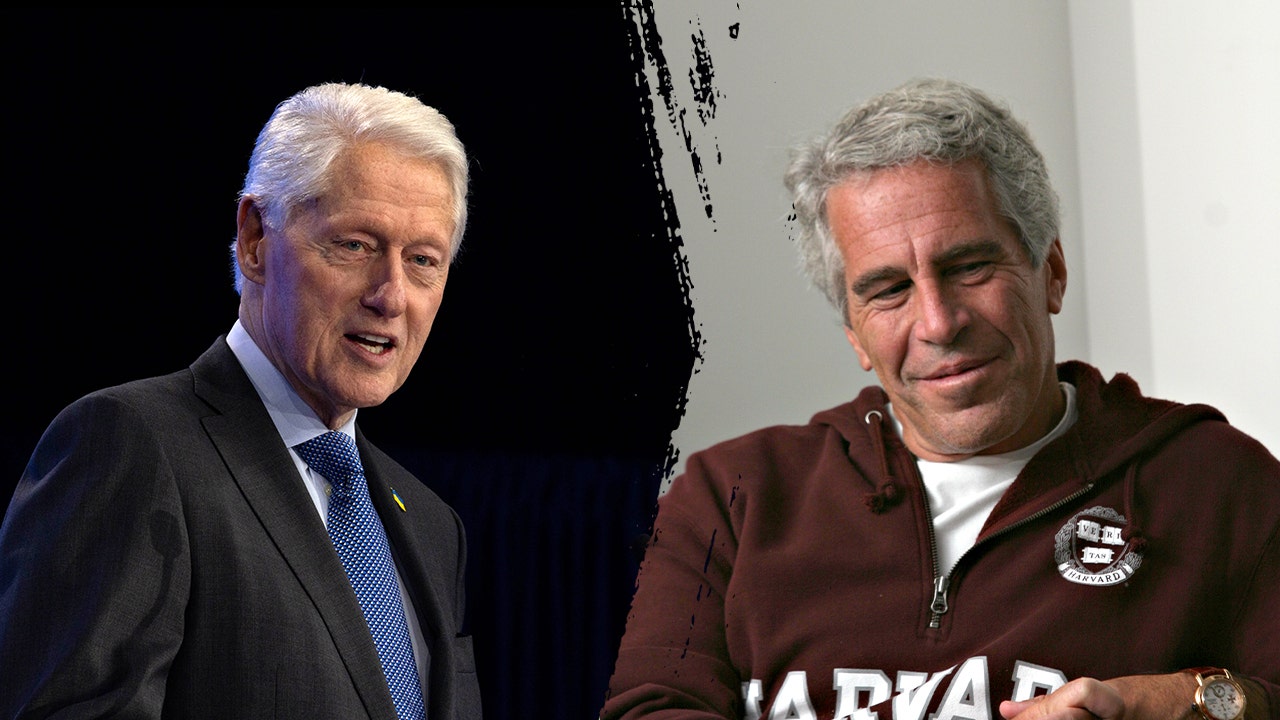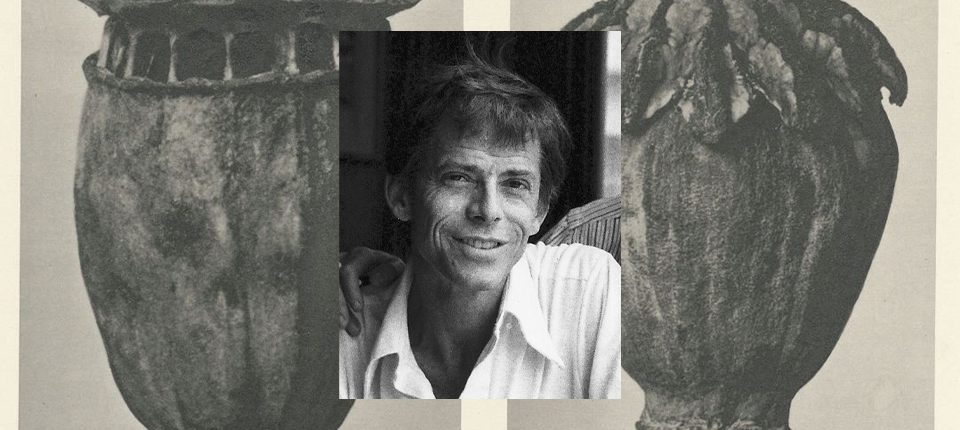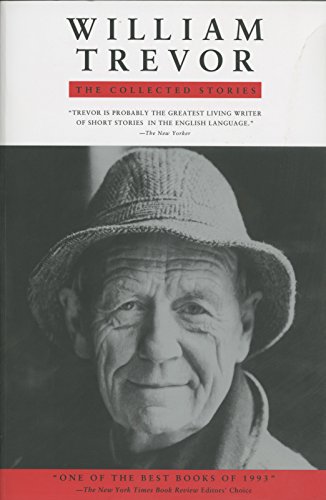Sometimes I think I ask too much of short stories. I will forgive a lot of flaws in novels, for novels are an essentially imperfectible artform. Novels are, almost in their DNA, meant to be baggy, digressive, overlong, and even to some extent incoherent thematically. They are too long and unwieldy to support formal perfection, and the “perfect” ones that spring to mind give cause for suspicion. The Prime of Miss Jean Brodie, for example, is completely perfect but also really a long short story. Lolita, on the other end of the spectrum, is formally perfect but arguably lacking in a life-force possessed by its messier brethren; Nabokov, in his unapproachable greatness, had a self-defeating way of strangling the life out of his novels. I think of E.M. Forster’s useful dictum that (paraphrasing here) plot and character are always at odds. The demands of plot, i.e. the demands of formal structure, deform character to its needs. And likewise the demands of character usually enervate and diminish action and structure, so novels almost always perch awkward and unbalanced on this seesaw. The pleasure in reading a novel, really, is more about spending time with an author’s particular style and intellect.
 In a seeming paradox, as they are a relatively minor art form, I expect more from short stories, formally. But this is because, being relatively minor and slight—they are short—and therefore perfectible. The short story form has produced, since Chekhov essentially invented it, hundreds of candidates of a “perfect” story. Chekhov’s own “The Woman with the Little Dog,” Greg Jackson‘s “Wagner in the Desert,” John Cheever‘s “The Country Husband,” Miranda July‘s “The Metal Bowl,” Amy Hempel‘s “In the Cemetery Where Al Jolson Is Buried”—these spring to mind, and I could fill another thousand words naming candidates. It is possible in 2000-8000 words to create a narrative of such crystalline perfection that no element, large or microscopic, could be added or taken away. It is, I think, this sense of perfectibility that draws many writers (and proportionately fewer readers) to the form, and that makes it so alluring in the litmag ecosystem. Working on a new story, one always feels the possibility that this will be the one, the platonic ideal; and indeed, that this platonic ideal does actually exist somewhere out there, outside of the writer’s dark cave.
In a seeming paradox, as they are a relatively minor art form, I expect more from short stories, formally. But this is because, being relatively minor and slight—they are short—and therefore perfectible. The short story form has produced, since Chekhov essentially invented it, hundreds of candidates of a “perfect” story. Chekhov’s own “The Woman with the Little Dog,” Greg Jackson‘s “Wagner in the Desert,” John Cheever‘s “The Country Husband,” Miranda July‘s “The Metal Bowl,” Amy Hempel‘s “In the Cemetery Where Al Jolson Is Buried”—these spring to mind, and I could fill another thousand words naming candidates. It is possible in 2000-8000 words to create a narrative of such crystalline perfection that no element, large or microscopic, could be added or taken away. It is, I think, this sense of perfectibility that draws many writers (and proportionately fewer readers) to the form, and that makes it so alluring in the litmag ecosystem. Working on a new story, one always feels the possibility that this will be the one, the platonic ideal; and indeed, that this platonic ideal does actually exist somewhere out there, outside of the writer’s dark cave.
All of which is to say that I sometimes think the habit of expecting perfection from short stories is unfair and unproductive. “Autumn Sunshine,” occasioned this line of thought—I enjoyed the prose, enjoyed being brought so effortlessly by Trevor into the life and mind of the main character, enjoyed the experience, but felt underwhelmed at the end. Why?
“Autumn Sunshine” concerns a religious man, Canon Moran, recently widowered, whose wayward younger daughter Dierdre returns home after several years abroad in England. She invites a romantic friend from England, the loathsome Harold (denoted as loathsome with a Flannery O’Connor-esque facial birthmark), who is fixated upon England’s historical crimes in Ireland, especially the burning of a dozen Irishpeople in Kinsella’s barn, a historical location close to Canon Moran’s rectory. Canon Moran dislikes Harold’s vengeful talk and begins to suspect he will commit revolutionary violence. The story ends with Dierdre and Harold leaving for an ominously vague stay in Dublin, and Canon Moran being comforted by the memory of his dead wife Frances, who reassures him that Harold is simply a cowardly talker. Canon Moran is somewhat relieved by this thought, as by the fact of his wife finally becoming a ghost, like Kinsella’s barn, passing out of the present into a historical past.
This is all done nicely, but again, I found myself dissatisfied. What do I want from this story that it isn’t giving me? I think it’s something to do with Harold’s revolutionary bloodthirst and the drama at Kinsella’s barn—I want these elements more coherently tied to Canon Moran’s recent loss, his mourning, and the return of his dead wife in the end in a more manageable, newly historical form. I feel the way these things relate, but I also feel that the story doesn’t do quite enough work to tie them together, to knit everything into a thematic whole. To perhaps tiresomely invoke another famous short story theory, Edgar Allen Poe claimed that all stories should aspire toward a “single unity of effect,” and that is what feels missing here. There’s a thematic messiness that I might forgive, even appreciate in a novel—because, after all, life is exactly like that. It is unthematized and messy, and it is not at all difficult to imagine a grieving man beseiged in a less than totally coherent way by historical bloodshed, personal animus, and paternal fear. And yet I want the story to assemble these elements a little more neatly. I want a unified effect to emerge.
And, of course, it’s possible I’m totally missing the point with this one. As always, comments are welcome. Next time around: “Sunday Drinks.”




























































